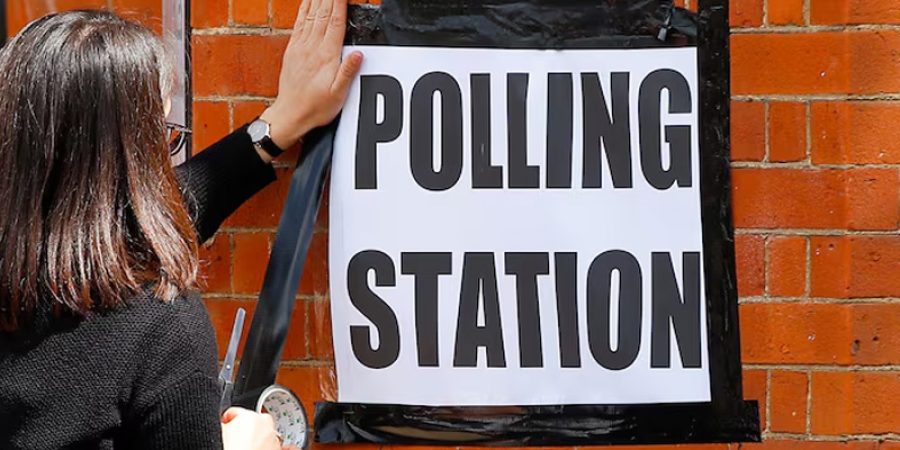The British government on Thursday announced plans to lower the voting age to 16 in all UK elections, marking a significant reform in the country’s democratic process.
The proposed changes, which require parliamentary approval, would align voting rights across the UK with those already in place in Scotland and Wales, where 16 and 17-year-olds are permitted to vote in devolved elections.
“We are taking action to break down barriers to participation that will ensure more people have the opportunity to engage in UK democracy,” said Deputy Prime Minister Angela Rayner in a statement.
The decision comes amid concerns over declining voter turnout. The 2024 general election recorded a turnout of 59.7% — the lowest since 2001, according to a parliamentary report.
Research from the House of Commons Library indicates that lowering the voting age to 16 has had no significant impact on election outcomes in countries where it has been implemented, and that 16-year-olds are often more likely to vote than those newly eligible at 18.
The reform fulfils a long-standing pledge by the Labour Party, which had vowed to reduce the voting age if elected. Though Labour came to power in a landslide victory a year ago, its popularity has since declined sharply.
As part of the wider electoral reforms, the government also plans to expand the list of accepted voter ID documents. UK-issued bank cards and digital versions of existing IDs, such as driving licences and Veteran Cards, would be recognised at polling stations.
In a bid to combat foreign interference, new rules will also be introduced to tighten controls on political donations. The government said it would implement checks on contributions exceeding £500 from unincorporated associations and move to close loopholes exploited by shell companies.
Faridah Abdulkadiri
Follow us on:



